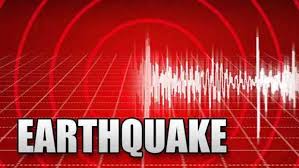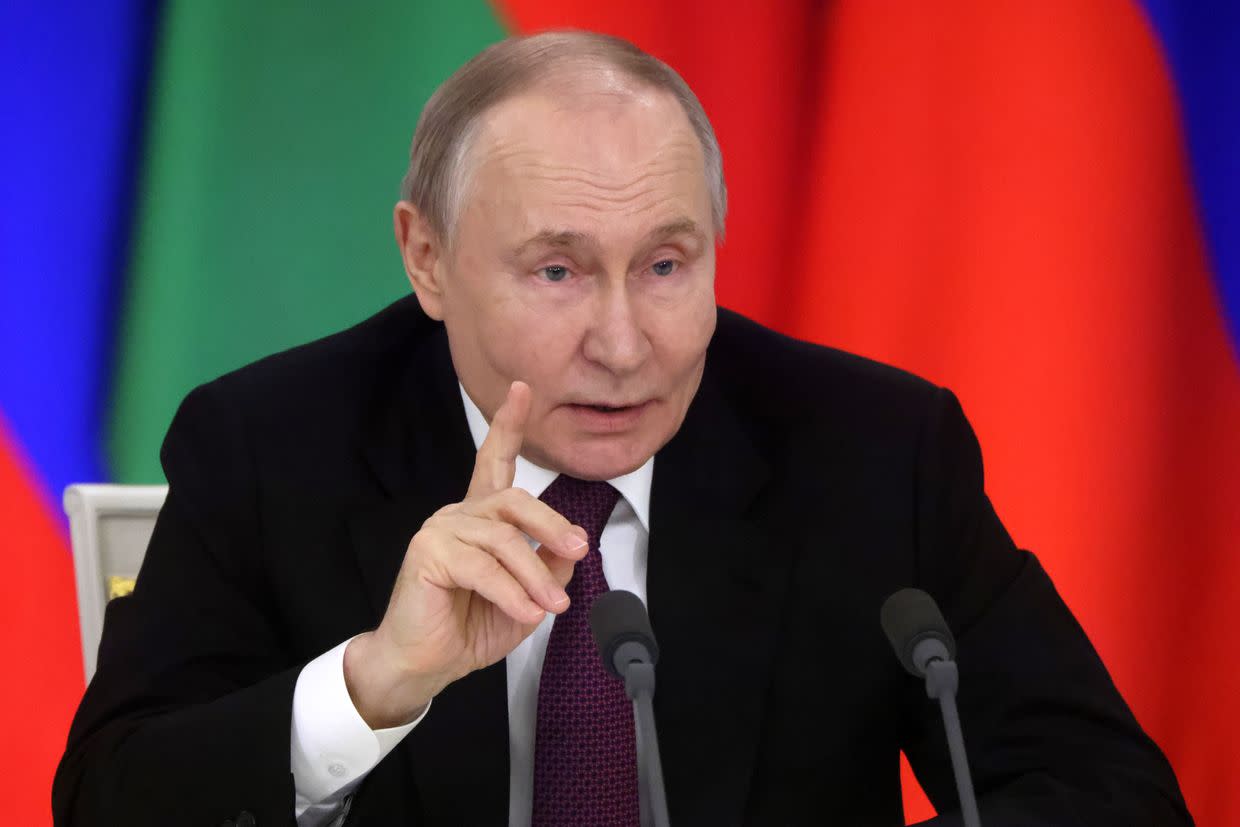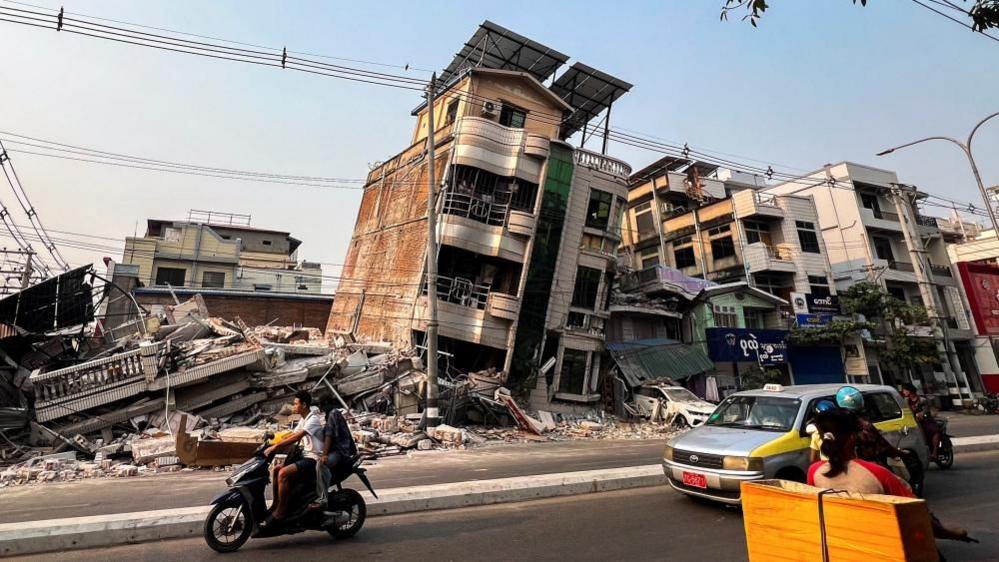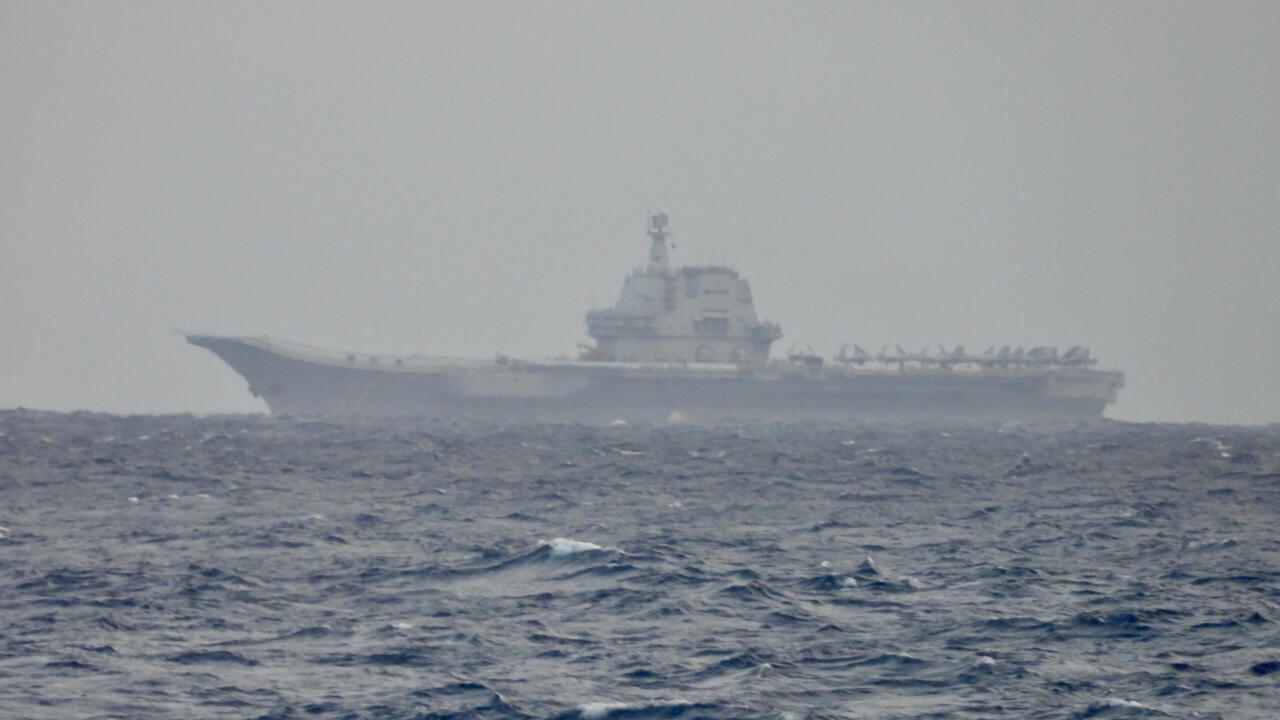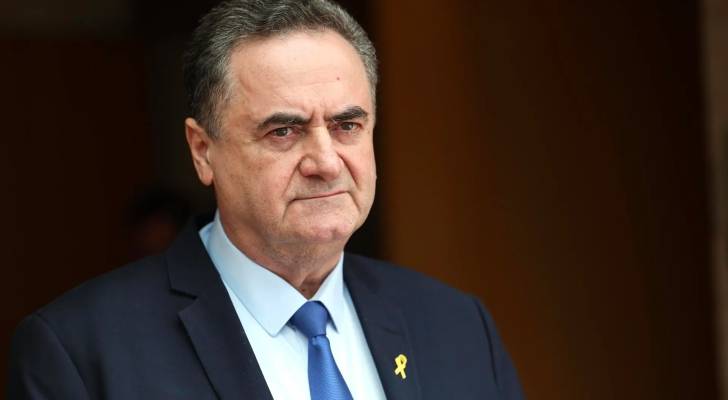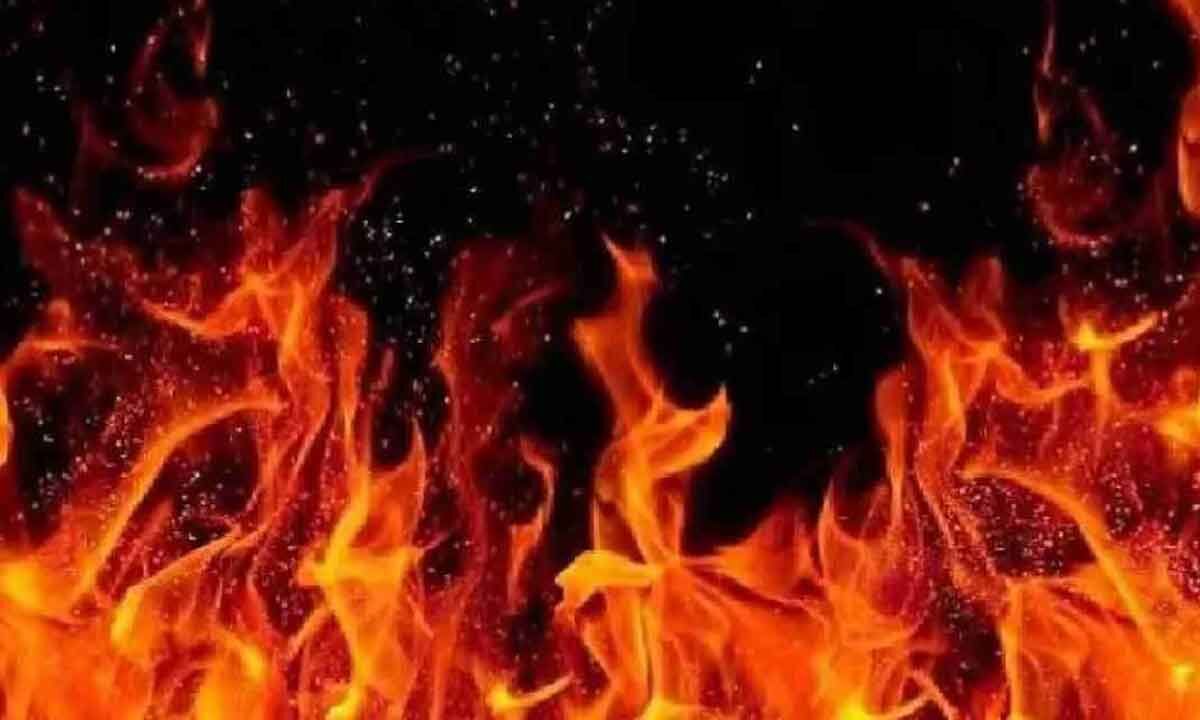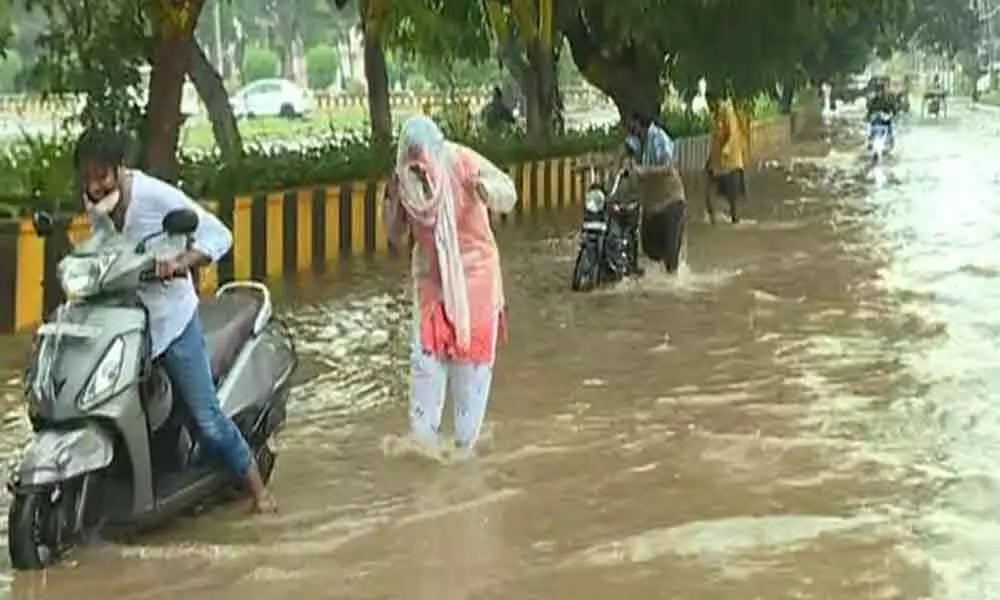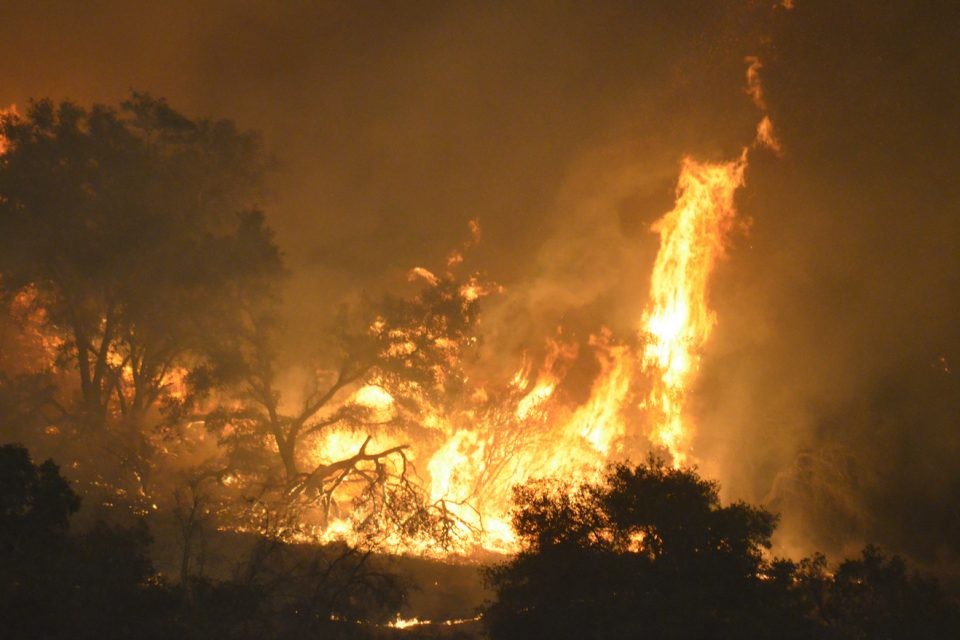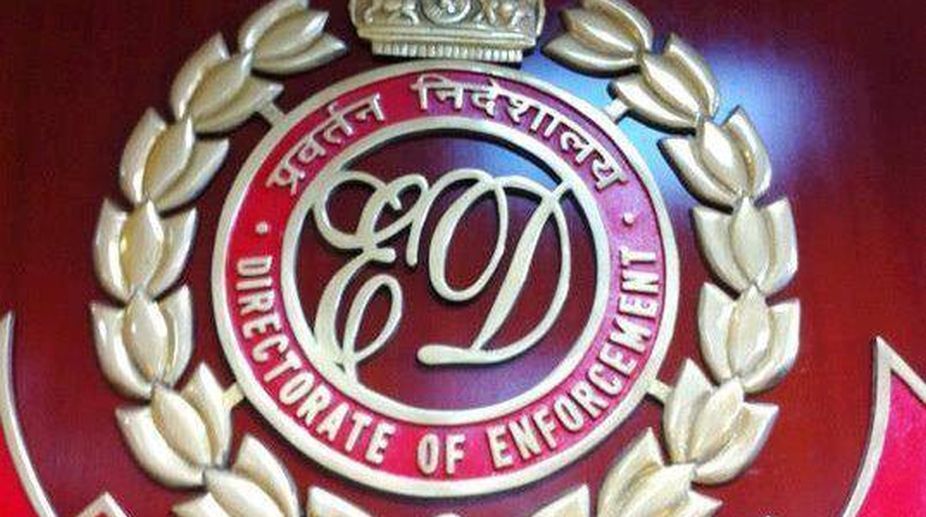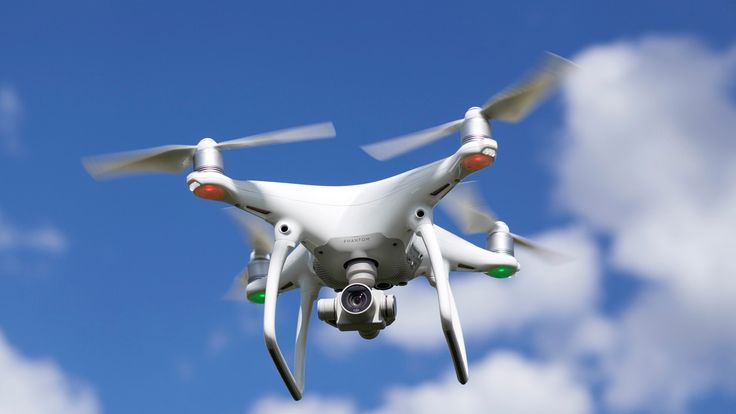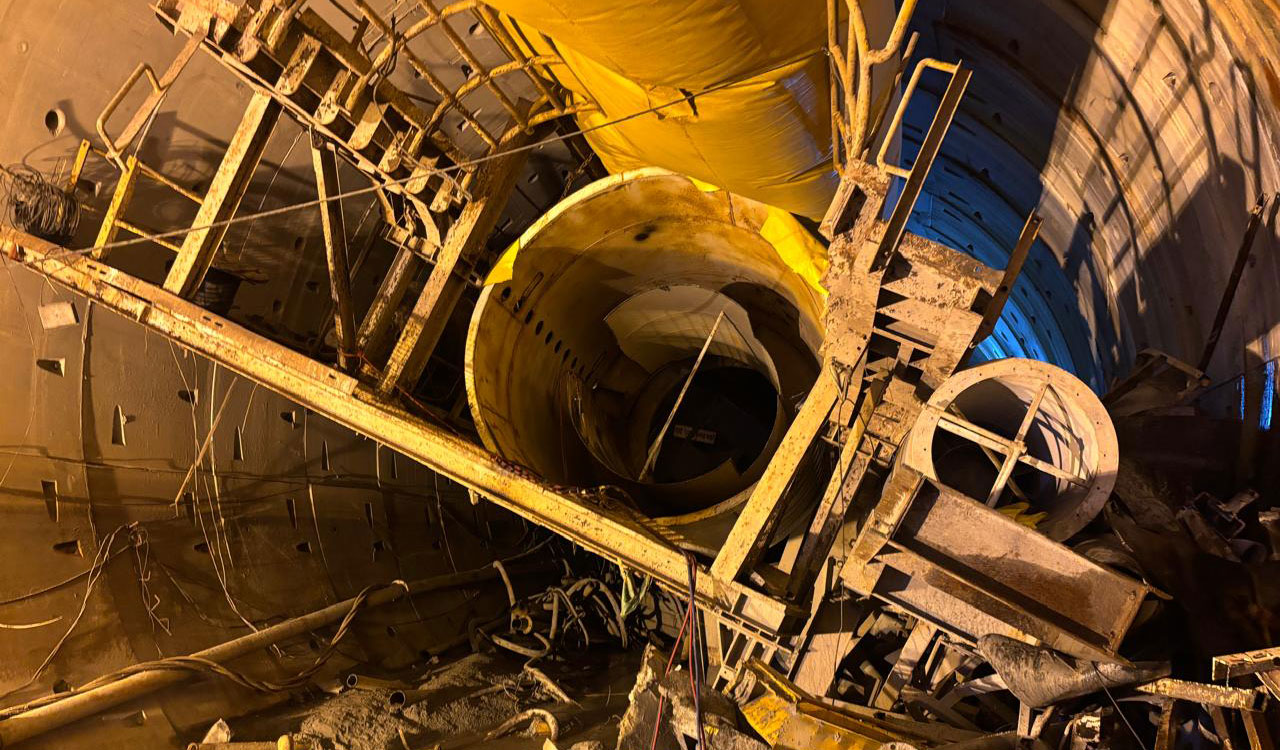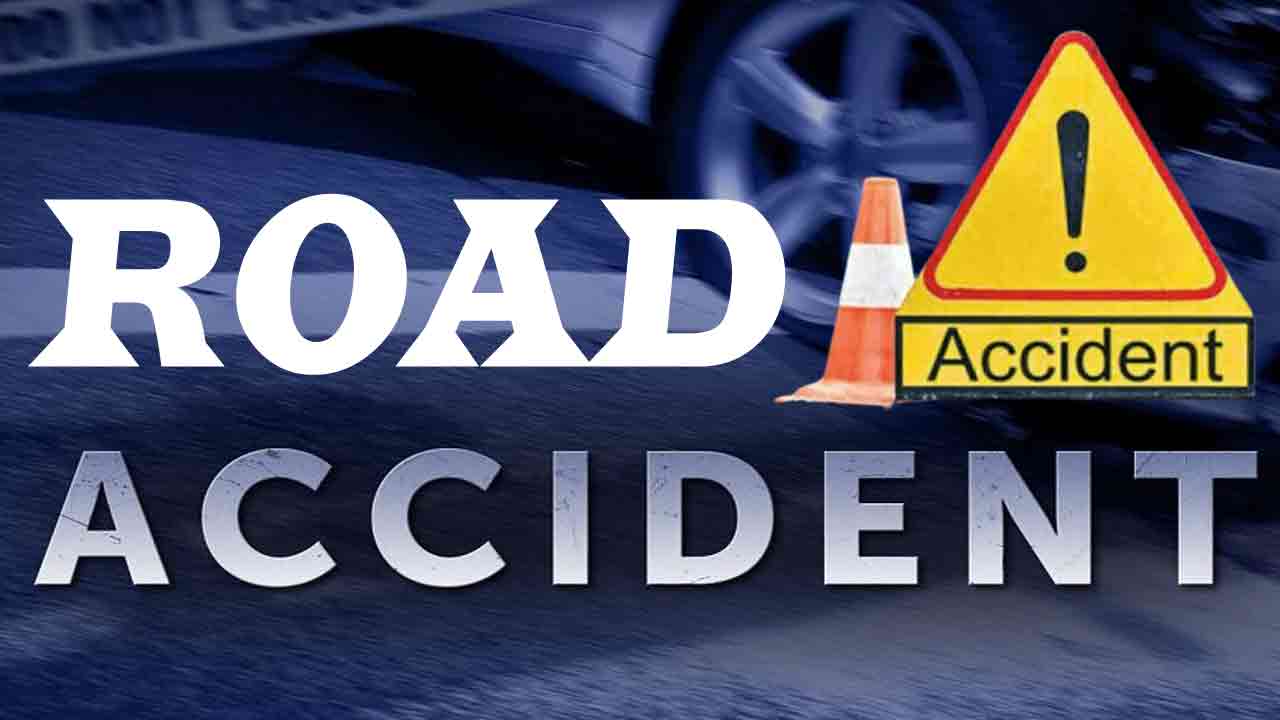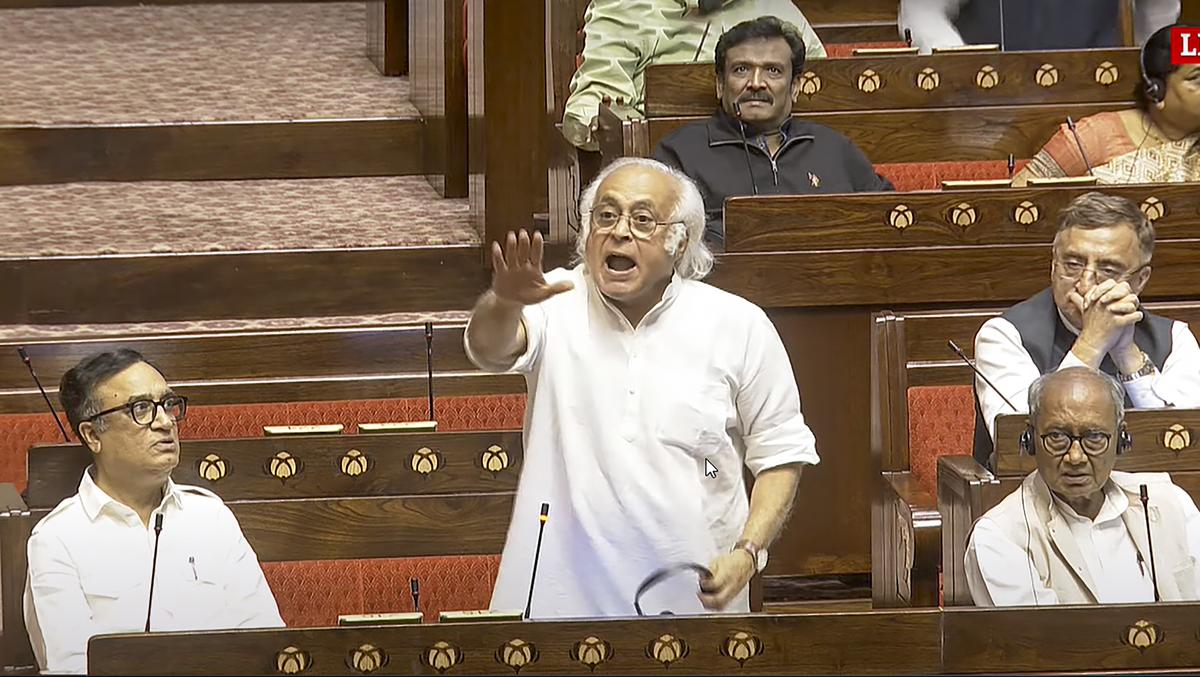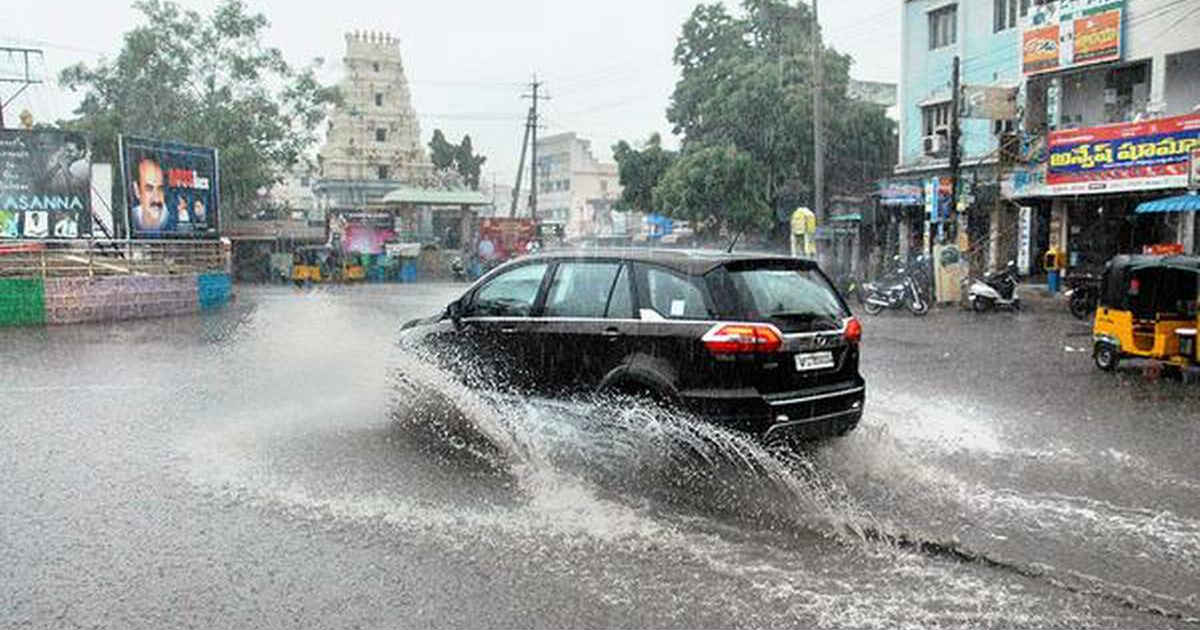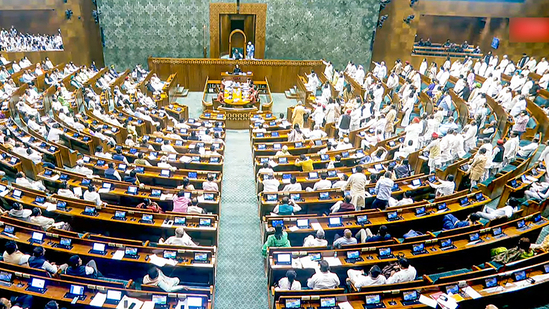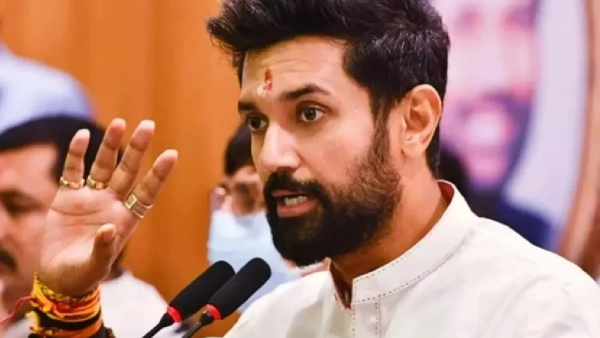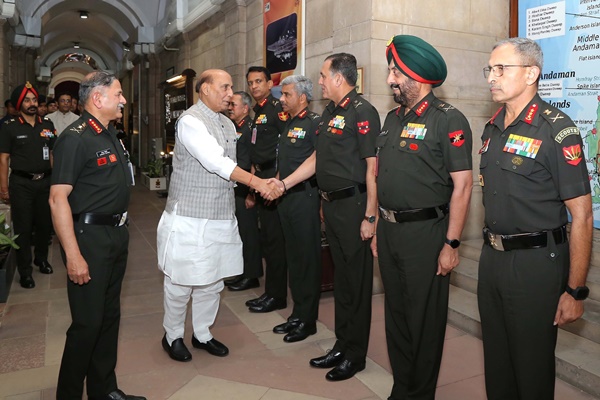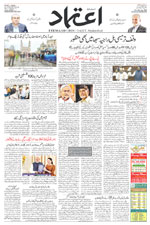Bangladesh protests: How a traffic accident stopped a city of 18 million
Mon 06 Aug 2018, 16:53:59
For more than a week, Bangladesh has been gripped by mass protests triggered by the death of two children in a traffic accident.
The demonstrators, overwhelmingly young people, are demanding that the government take action to improve road safety.
The movement has developed into a major standoff, and there have been scenes of violence in the streets of the capital, Dhaka, home to 18 million people.
Here is how the story unfolded.
What sparked the first protest?
On 29 July, two schoolchildren in Dhaka - a boy and a girl - were run over and killed by a speeding bus. The driver is thought to have lost control of the vehicle while racing another bus to pick up passengers.
The accident might have passed as an everyday occurrence in a city with notoriously dangerous traffic and in a country where more than 4,000 pedestrians were killed in road accidents last year.
But instead, it first triggered widespread anger on social media and then led to a wave of student protests.
Tens of thousands of schoolchildren took to the streets of Dhaka, blocking roads and intersections, leading to deadlock in the city.
The protesters stopped trucks, buses and cars, demanding to see the licenses of drivers and check if vehicles were in roadworthy conditions.
"All we want is corruption to be gone and driving licences to stop being handed out like candy," one 17-year-old told the BBC.
How did things turn violent?
The protests, rare for Bangladesh, continued for days with thousands of pupils and students essentially bringing the capital to a standstill. Bus services in the city and on routes to elsewhere in the country were cancelled.
On Saturday, police reportedly used tear gas and rubber bullets, injuring scores of the teenagers - though the authorities denied this.
There also have been clashes between the protesters and pro-government groups, reportedly members of the Bangladesh Chhatra League (BCL), a student organisation linked to the ruling Awami League party.
The BCL were also blamed for attacks on journalists - including the destruction of phones and cameras - which the Daily Star newspaper called a "reprehensible violation" of press
freedom.
freedom.
Amid the violence, armed men attacked a convoy of cars carrying the US ambassador on Saturday night.
On Sunday, prominent activist and renowned photographer Shahidul Alam was detained over Facebook posts commenting on the protests. The detention came hours after he had strongly criticised the government's handling of the demonstrations in a television interview with Al Jazeera.
"We are interrogating him for giving false information to different media and for provocative comments," police official Moshiur Rahman told AFP.
How have the students organised themselves?
With the protest movement almost entirely driven by young people, its unsurprising that social media has played a key role, in both spreading the initial news about the two killed as well as in organising the demonstrations.
Users are widely expressing their shock and disbelief at the heavy-handed response but insist they will continue taking to the streets.
Activists have also taken to social media in droves to call on local and international media organisations to cover the story.
What's been the response?
The government has promised to consider road safety reforms to address the students' concerns and on Monday the cabinet approved a new Road Transport Act that has been in the pipeline for some time.
But officials have made it clear they wants the protests - which have embarrassed the government of Sheikh Hasina - to end immediately. The government blocked 3G and 4G internet services for a period on Saturday evening - disrupting protesters' efforts to organise and share their actions.
Ms Hasina on Sunday urged the students to go home.
Her Awami League party has also defended the actions of party activists accused of violence. "Will we kiss them if they advance towards Awami League office?" general secretary Obaidul Quader said.
The United Nations said it was concerned for the safety of the young people caught up in the protests.
"We are deeply concerned about the reports of violence and call on all for calm," the UN resident coordinator Bangladesh Mia Seppo said.
The US embassy in Bangladesh has also criticised the police response to the protests in a strongly-worded statement.
No Comments For This Post, Be first to write a Comment.
Most viewed from International
Most viewed from World
AIMIM News
Latest Urdu News
Most Viewed
May 26, 2020
Do you think Canada-India relations will improve under New PM Mark Carney?
Latest Videos View All
Like Us
Home
About Us
Advertise With Us
All Polls
Epaper Archives
Privacy Policy
Contact Us
Download Etemaad App
© 2025 Etemaad Daily News, All Rights Reserved.

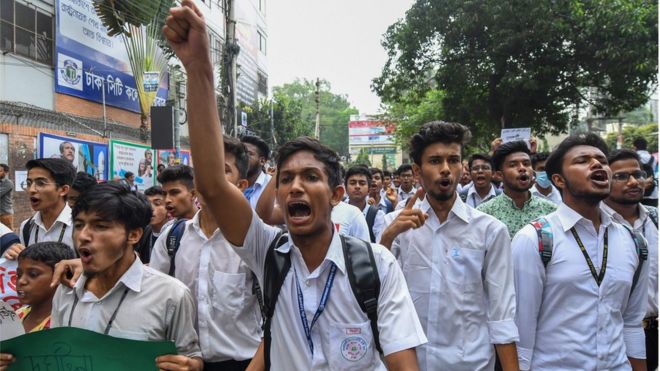
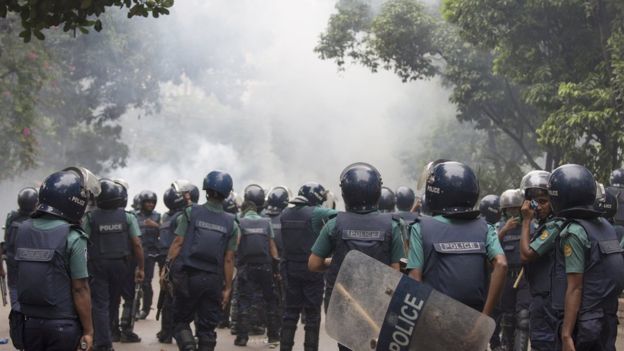
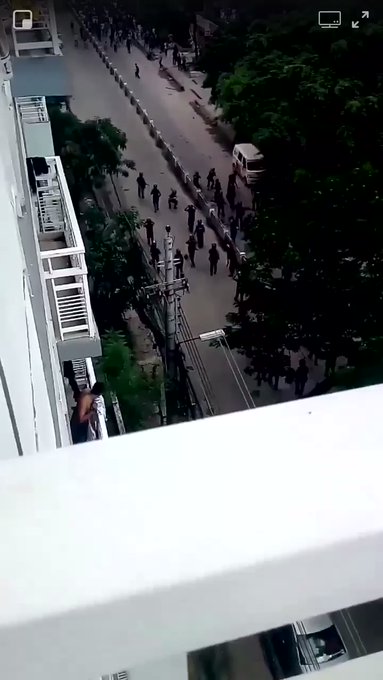
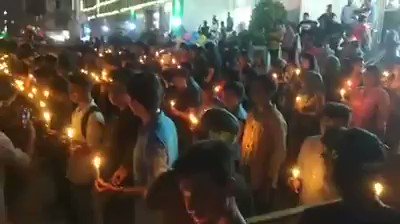
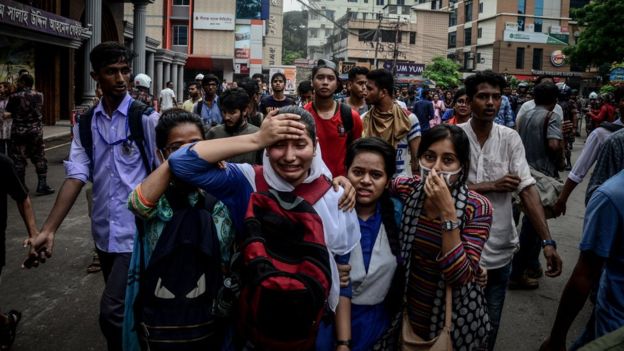
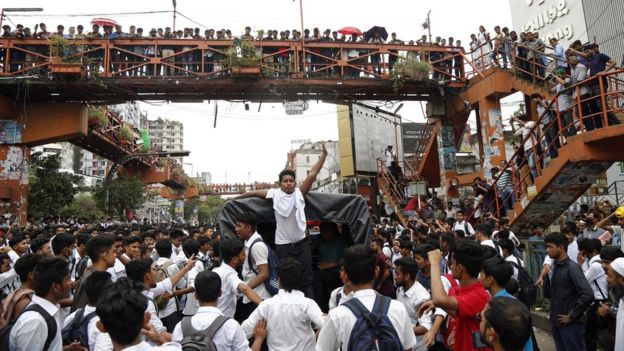
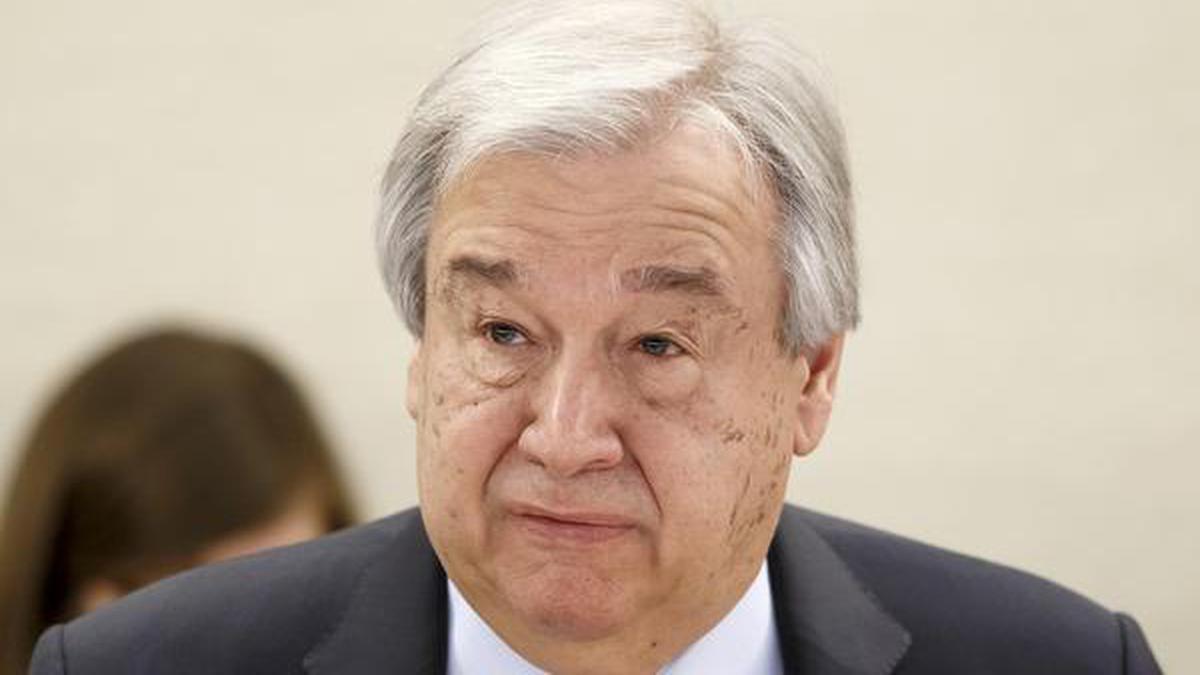
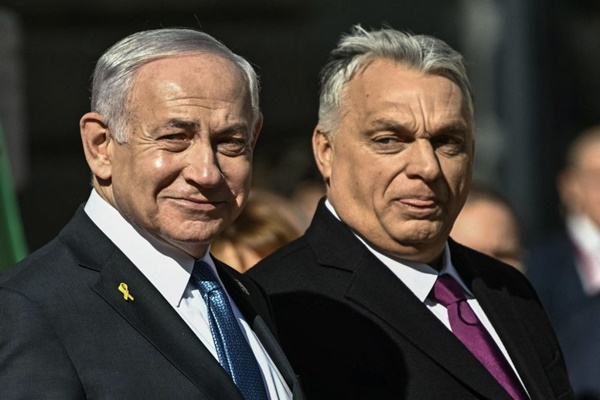
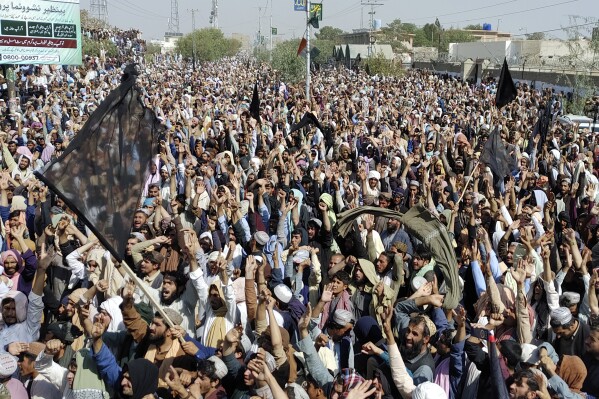
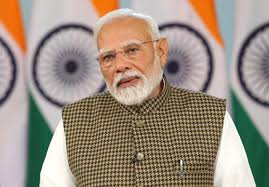
.jpg)
.jpg)
